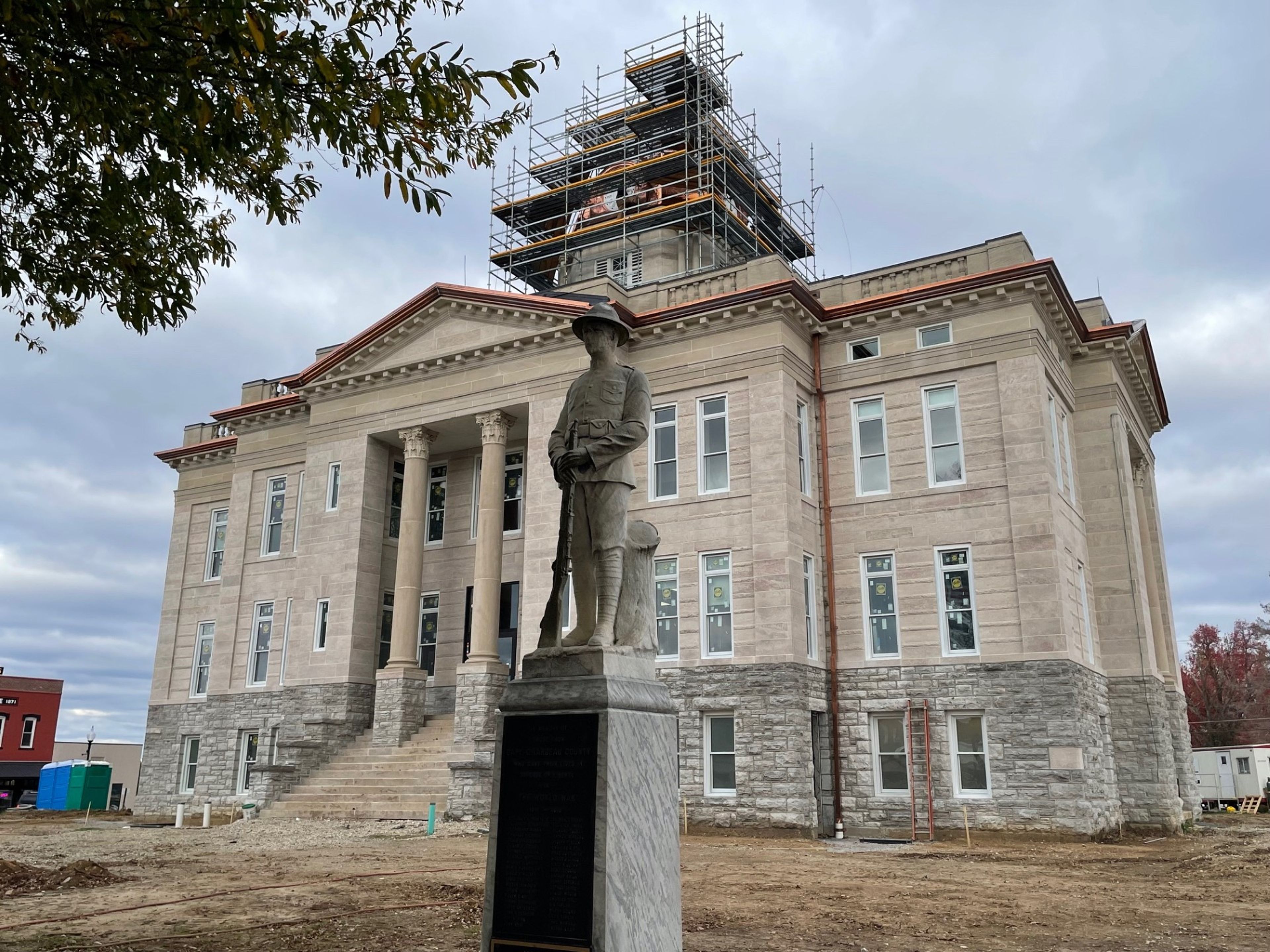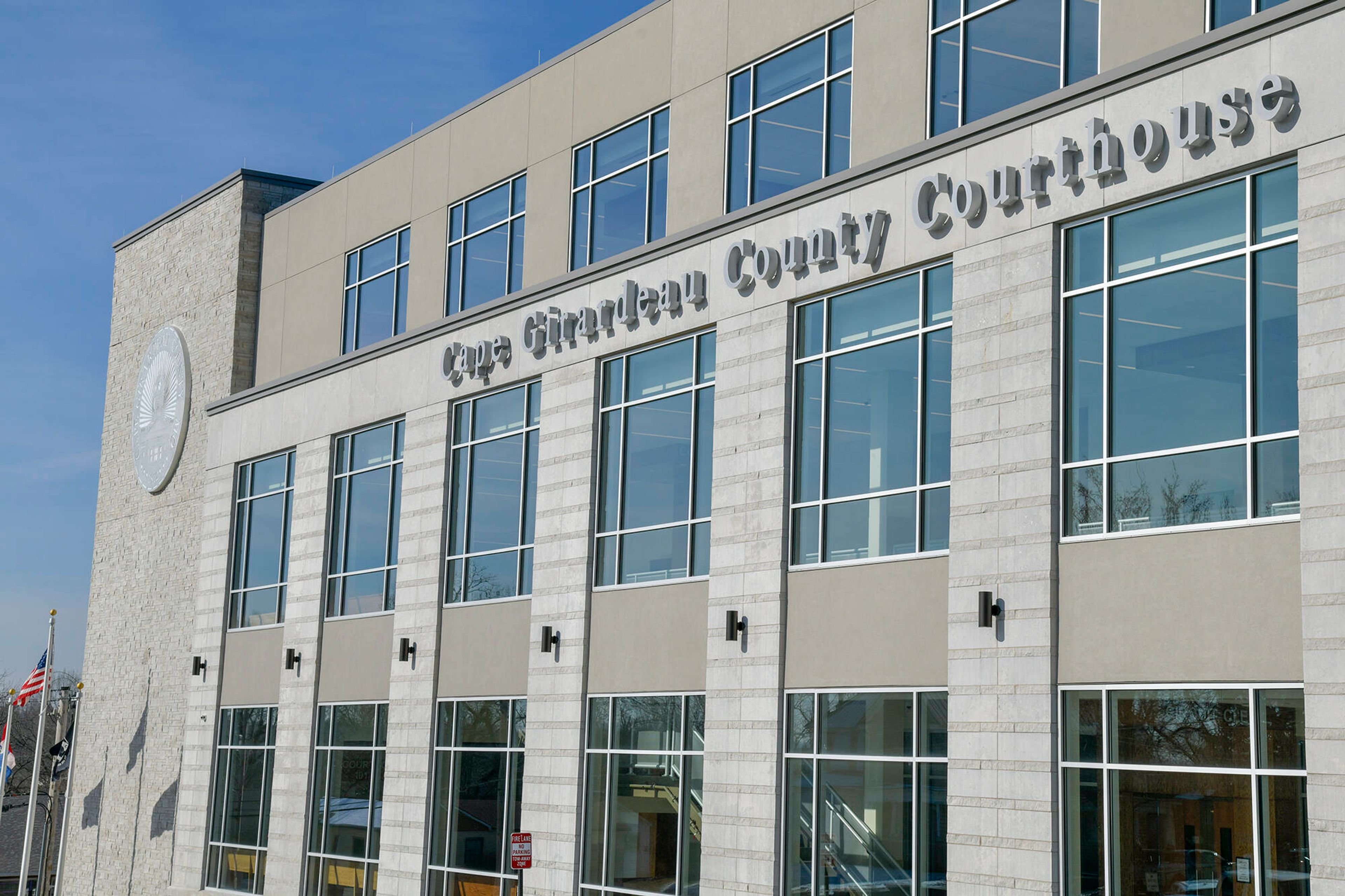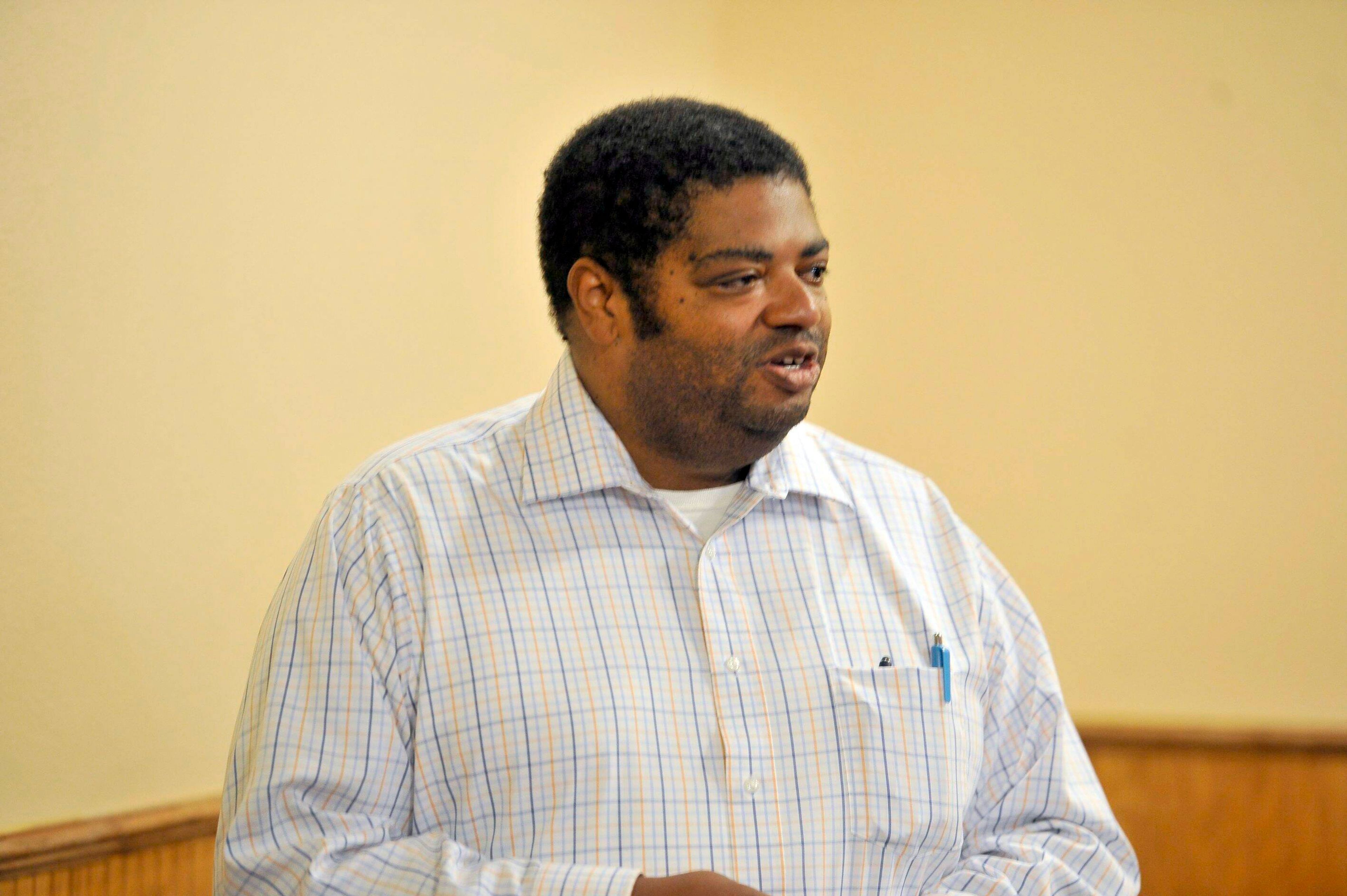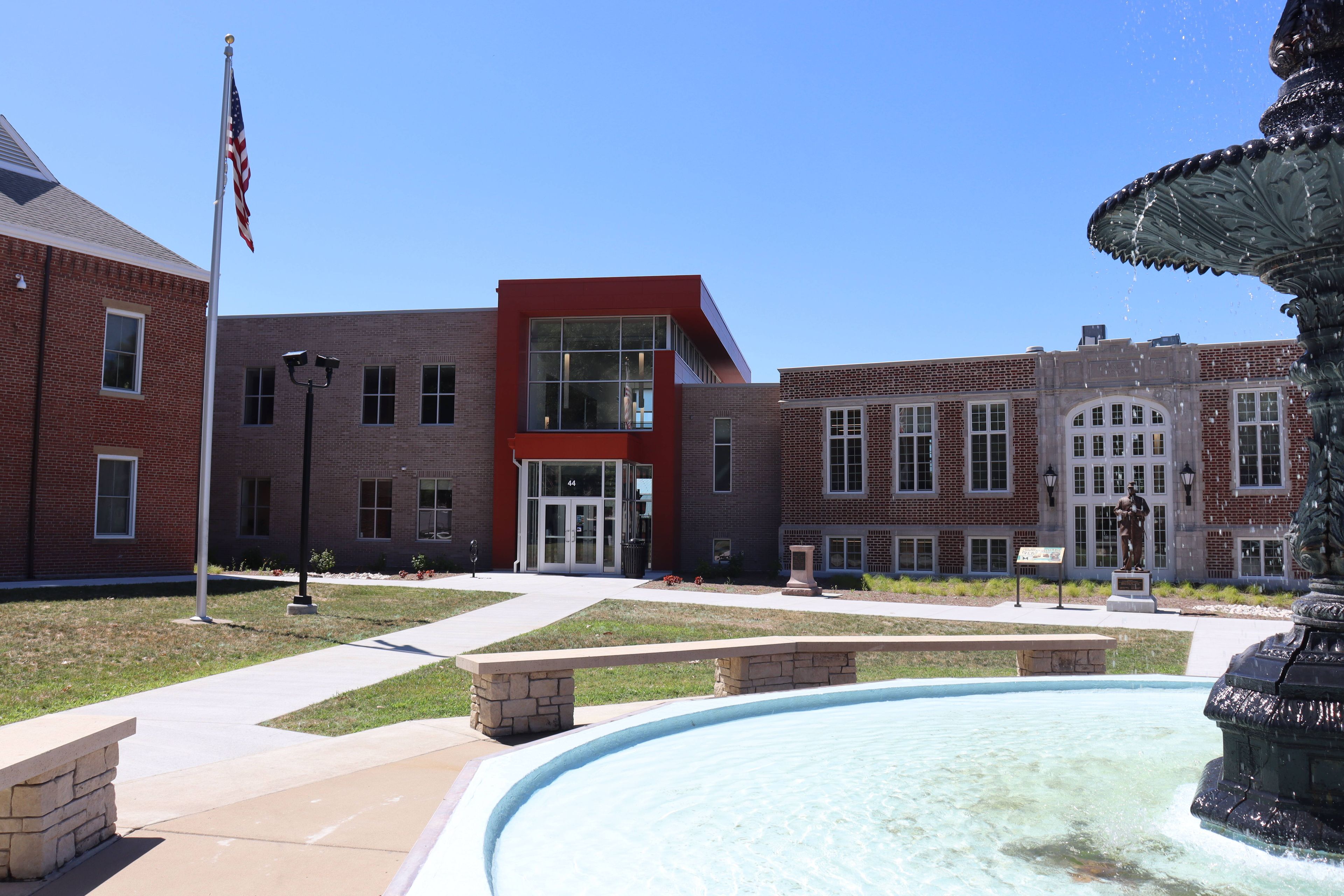Mississippi County Commission: Pumping station should be higher priority for corps
CHARLESTON, Mo. -- The Mississippi County Commission doesn't support a drainage district's efforts to get control of some flood gates but agrees a pumping station there should be a higher priority for the U.S. Army Corps of Engineers. Commissioners said during their regular meeting Thursday that the county received a letter from the St. ...
CHARLESTON, Mo. -- The Mississippi County Commission doesn't support a drainage district's efforts to get control of some flood gates but agrees a pumping station there should be a higher priority for the U.S. Army Corps of Engineers.
Commissioners said during their regular meeting Thursday that the county received a letter from the St. John Levee and Drainage District advising the district opposes transferring control of the flood gates at New Madrid to St. John's Bayou Basin Drainage District.
The letter, which was published in Thursday's edition of the Standard Democrat, states among the board's reasons for opposing the change is that the bayou basin drainage district does not have the personnel to operate and maintain the gates.
The levee district, however, has "a working crew of men," Commissioner Steve Jones said.
In addition to operating the gates, the levee district's personnel also mow the levee, clean debris from the floodgate and do other maintenance, Presiding Commissioner Carlin Bennett said.
Among the levee district's staff members is Sam Oliver, who has had the responsibility for operating the gates for a long time, commissioners said.
"To our knowledge he has operated those gates as well as they can be operated," Commissioner Robert Jackson said.
Commissioners do support, however, the bayou basin drainage district's long-term goal of putting pumps in at the flood gates as an earlier phase of the St. John's Bayou-New Madrid Floodway Project rather than waiting for the entire project to overcome opposition to closing the gap between the frontline and setback levees.
"They should give it a priority," Jones said.
As the U.S. Army Corps of Engineers has already completed the required environmental impact study for that project, it is unlikely the corps will separate those parts as they would have to complete yet another impact study, commissioners said.
The plan for the activation of the Birds Point-New Madrid Floodway is flawed, according to commissioners. When the floodway was activated this spring, water left the floodway through the gap and prevented the water from rising to a level where it would drain through the center crevasse back into the Mississippi River.
Bennett said that during one of his recent weekly meetings with corps representatives, "the chief hydrologist admitted the center crevasse was a mistake."
The floodway activation plan was drafted with the understanding that the authorized closure of the gap would be completed and was never revised to account for the gap remaining open, commissioners said.
Even so, if the floodway was activated again, the corps would again open the crevasse, according to commissioners.
"They have to: it's in the plan," Jackson said. He explained that they are required by military protocol to follow the plan as written to the best of their ability just like other orders.
Commissioners said the county is lucky the corps did not have enough explosives to blow up the one-mile length the plan calls for as it would have made the floodway's activation even worse on the south end of the county.
"There's no way Big Oak Park would have survived that," Bennett said.
Additionally, that much water coming in that fast may have endangered the levees protecting New Madrid, they speculated.
Commissioners said they are still waiting to receive data showing the cubic feet per second flow into the county and email communications between corps leadership and federal authorities as requested under the Freedom of Information Act.
"It's a large amount of information," Bennett said.
Commissioners said the floodway might still be holding water if it wasn't for the natural egress between the frontline and setback levees.
"Thank goodness we had the gap," Bennett said.
Jones said he just hopes the conditions which led to the floodway's activation don't ever happen again.
"That's the best hope we can have," he said.
Pertinent address:
Charleston, MO
Connect with the Southeast Missourian Newsroom:
For corrections to this story or other insights for the editor, click here. To submit a letter to the editor, click here. To learn about the Southeast Missourian’s AI Policy, click here.








